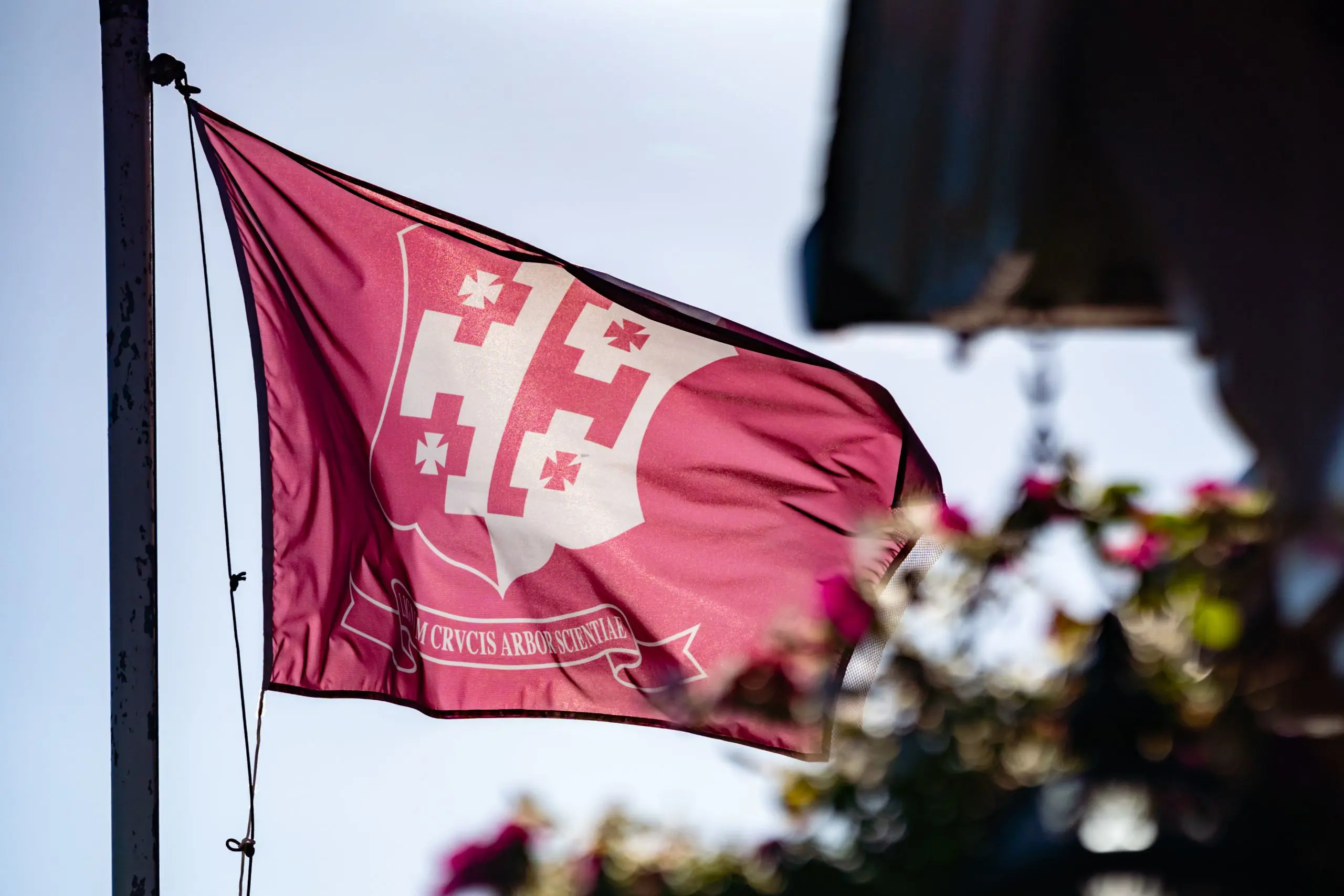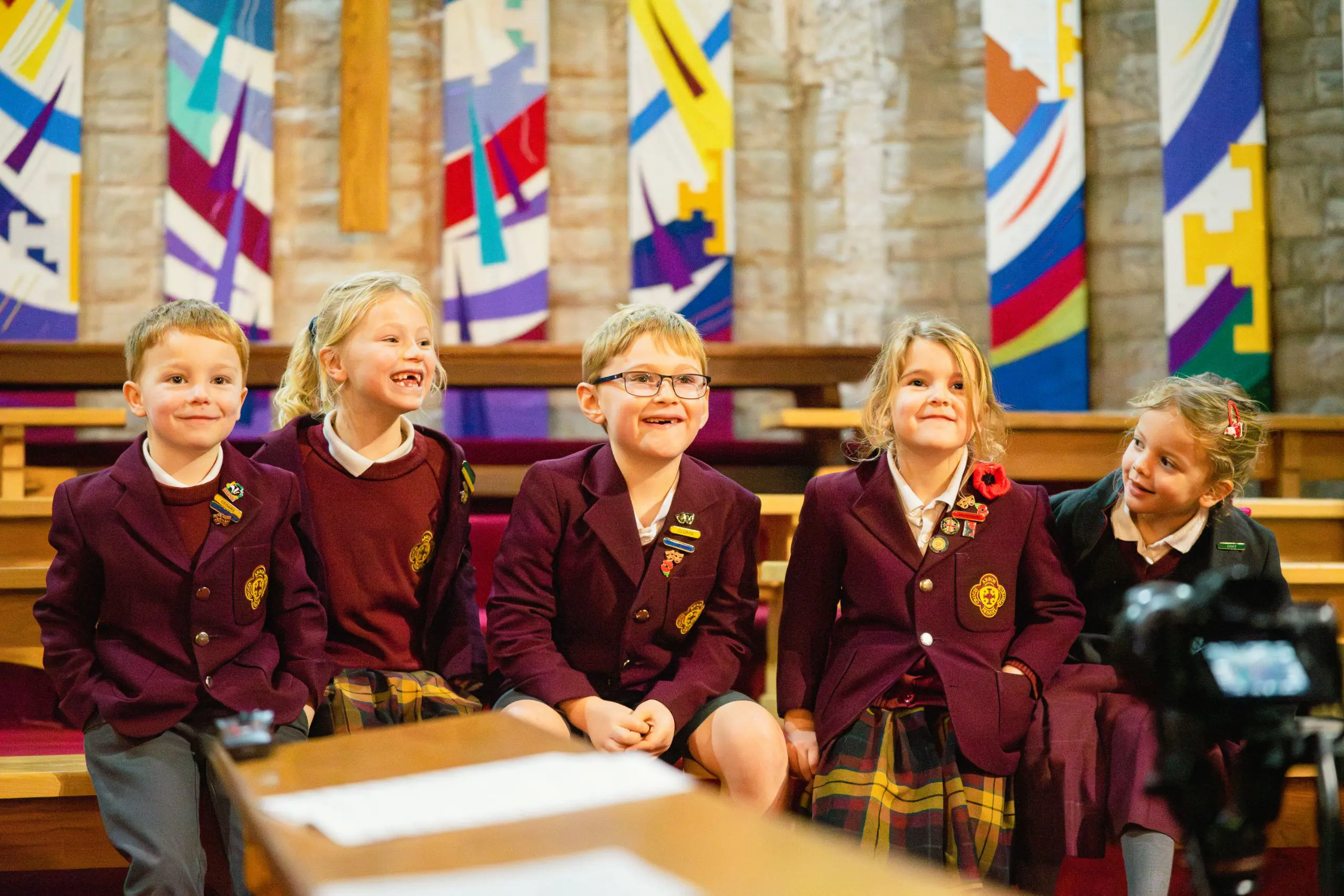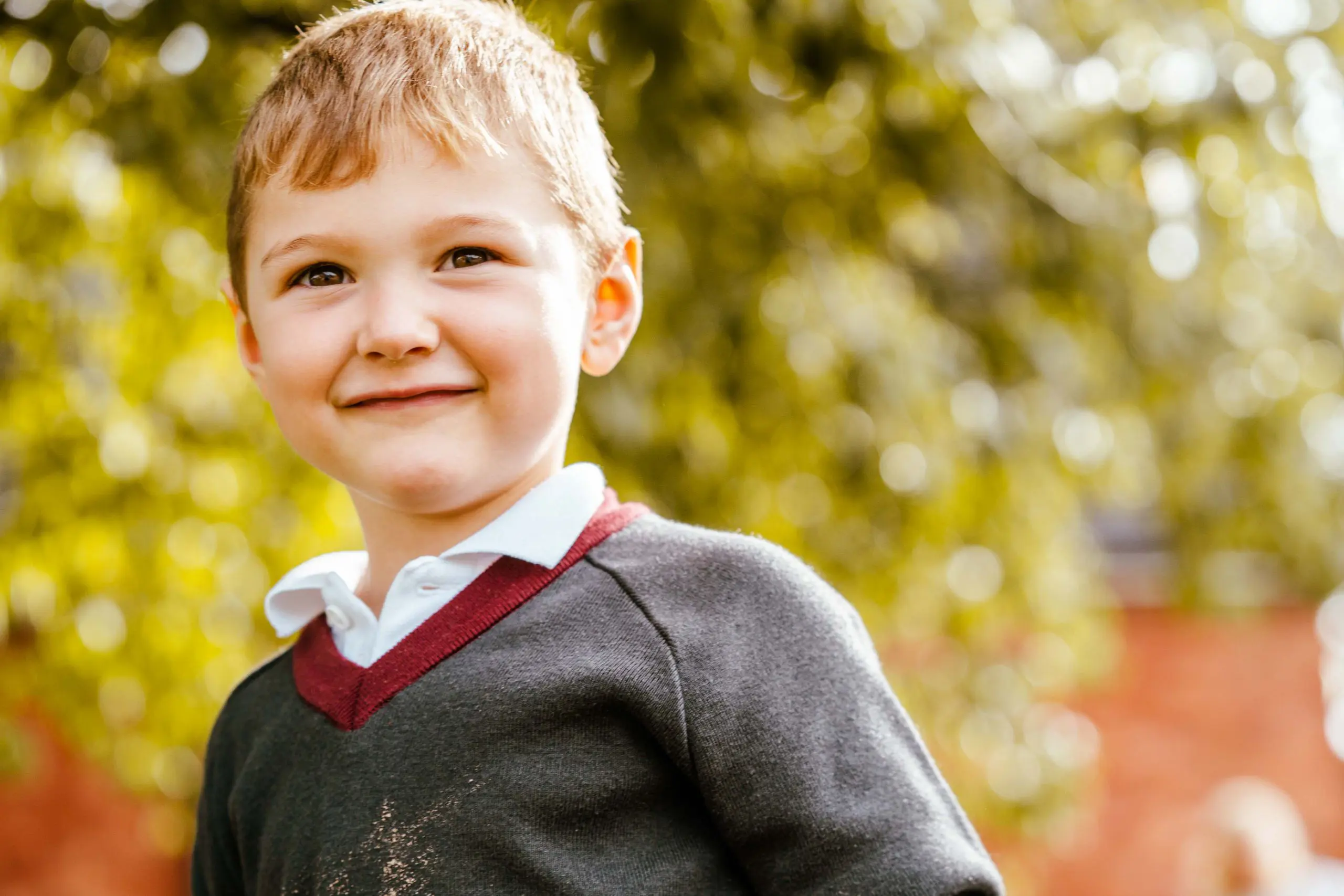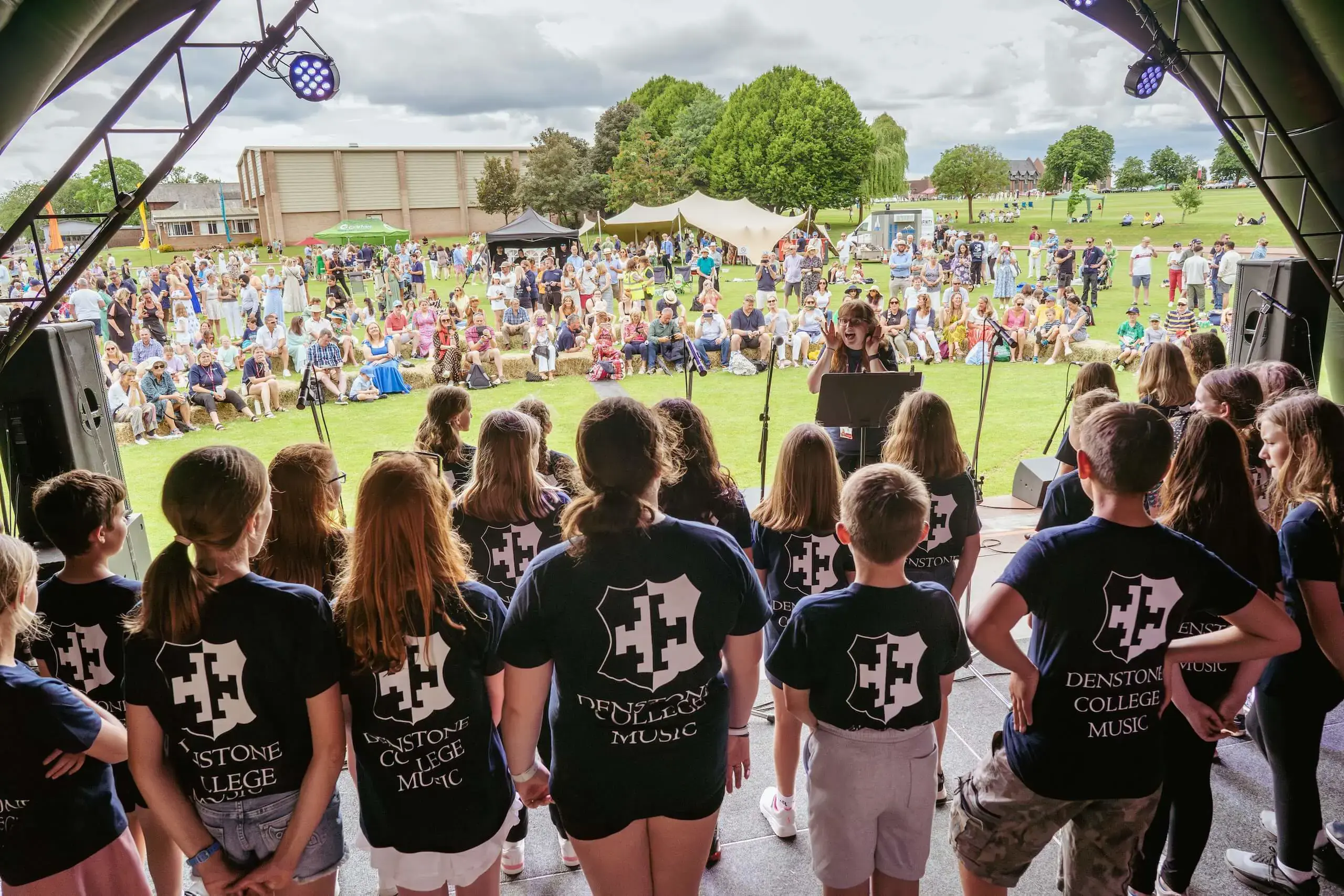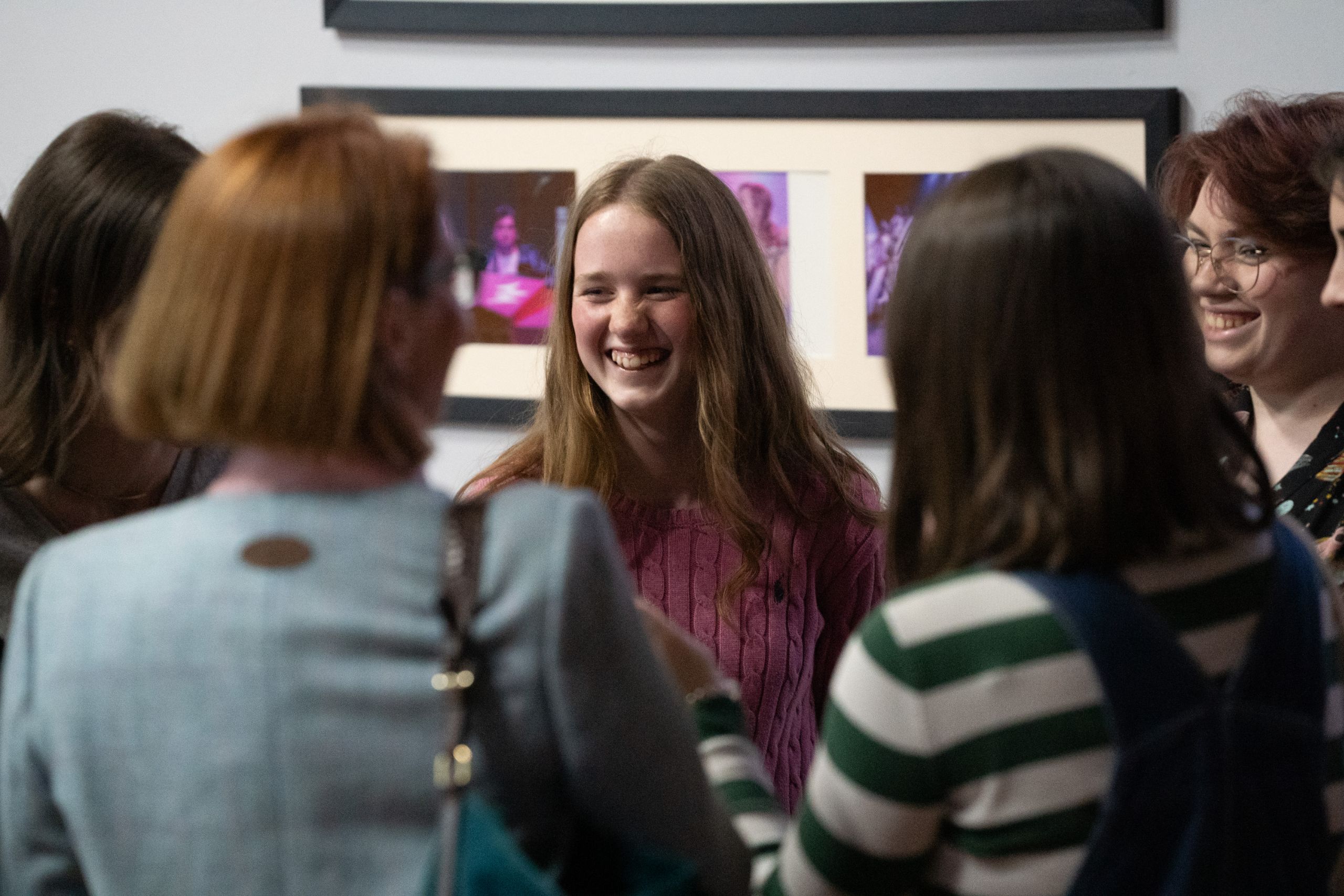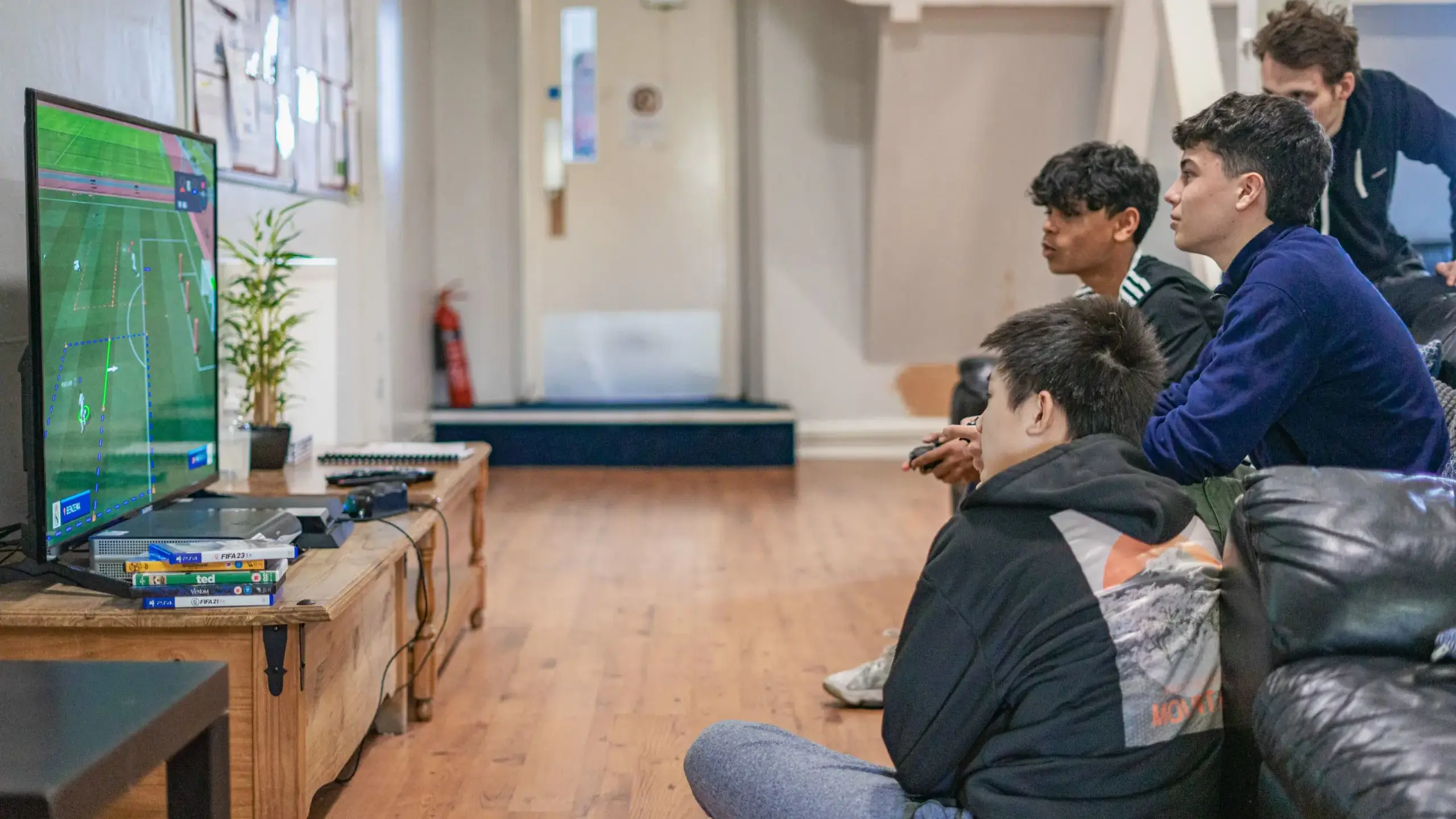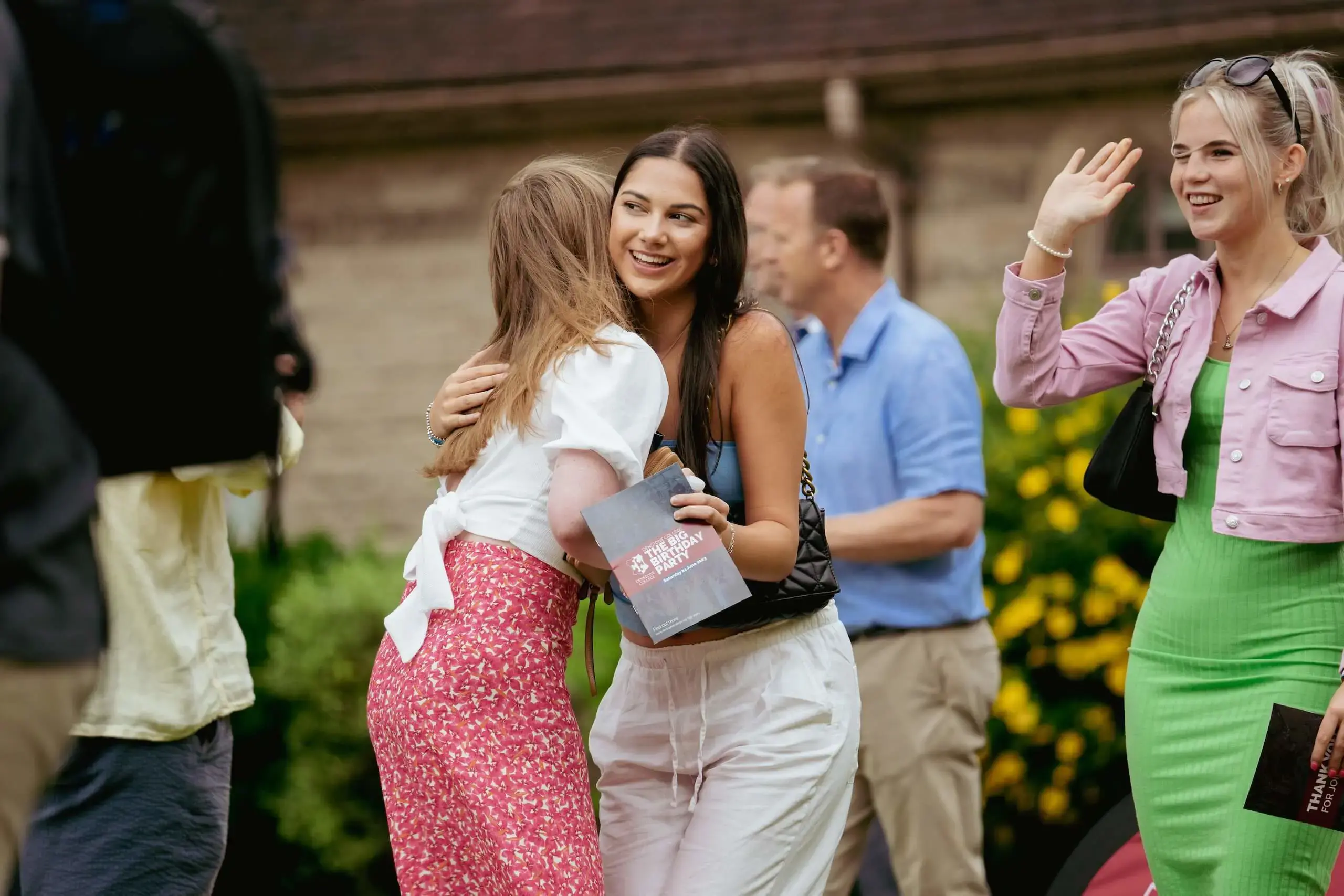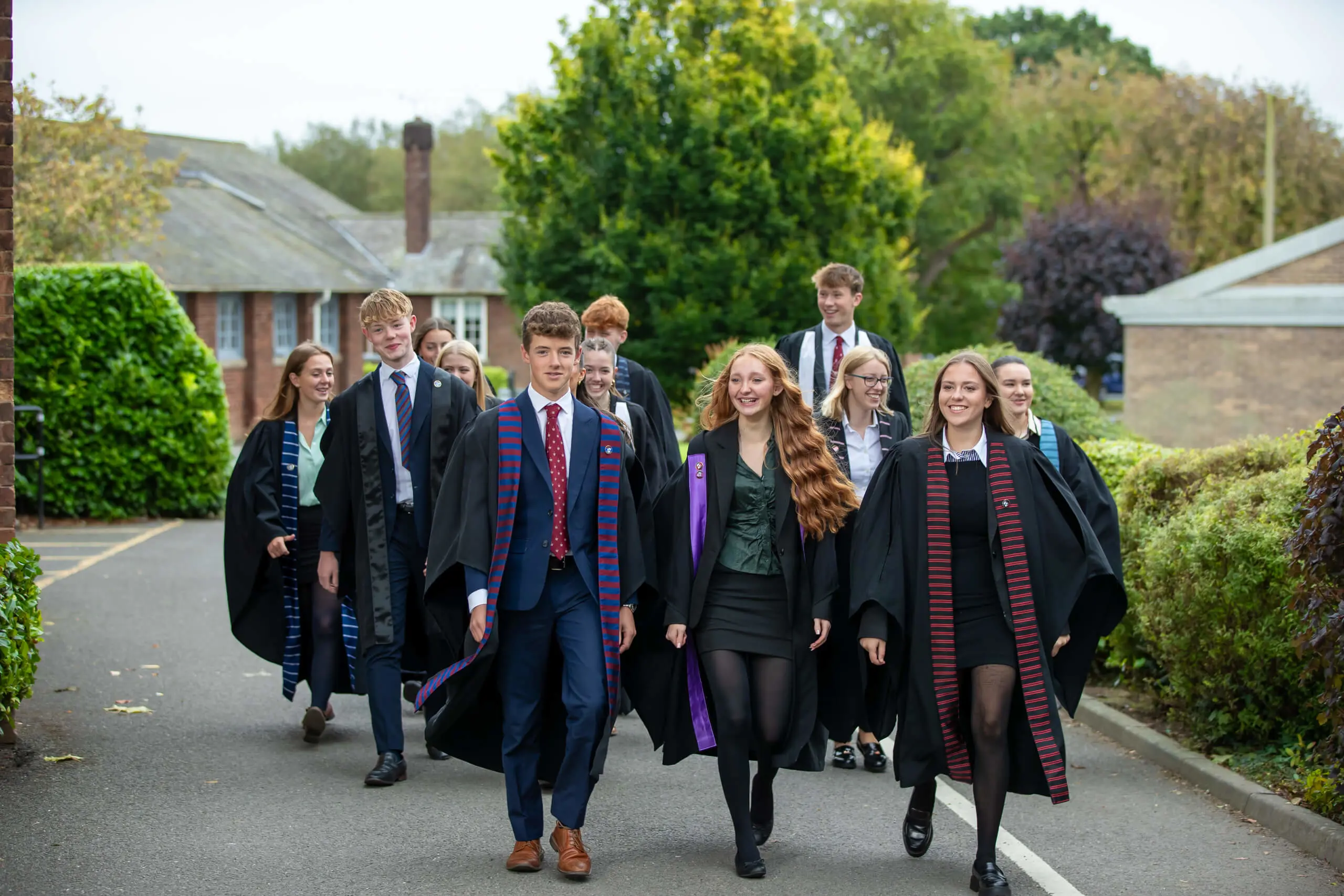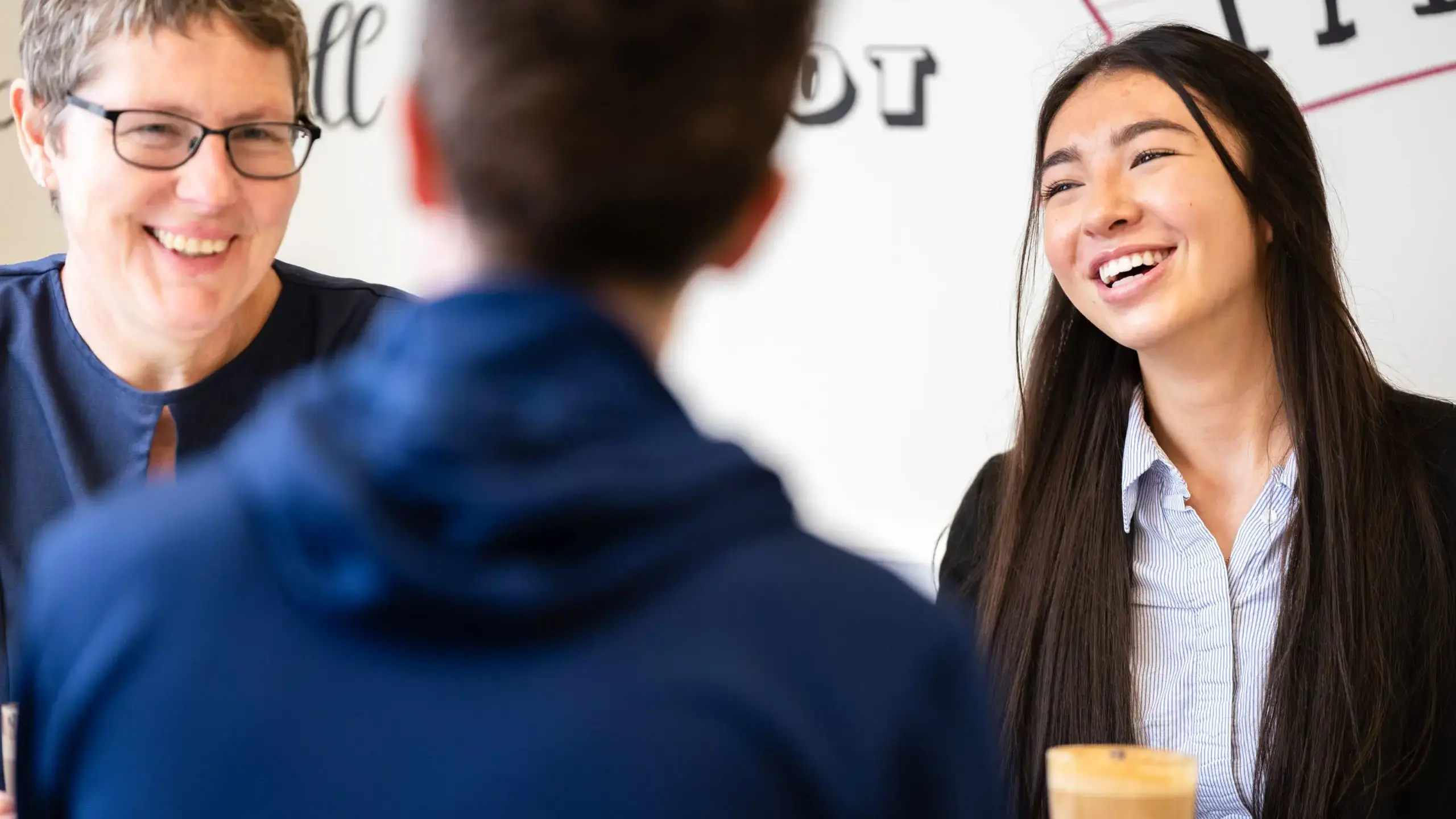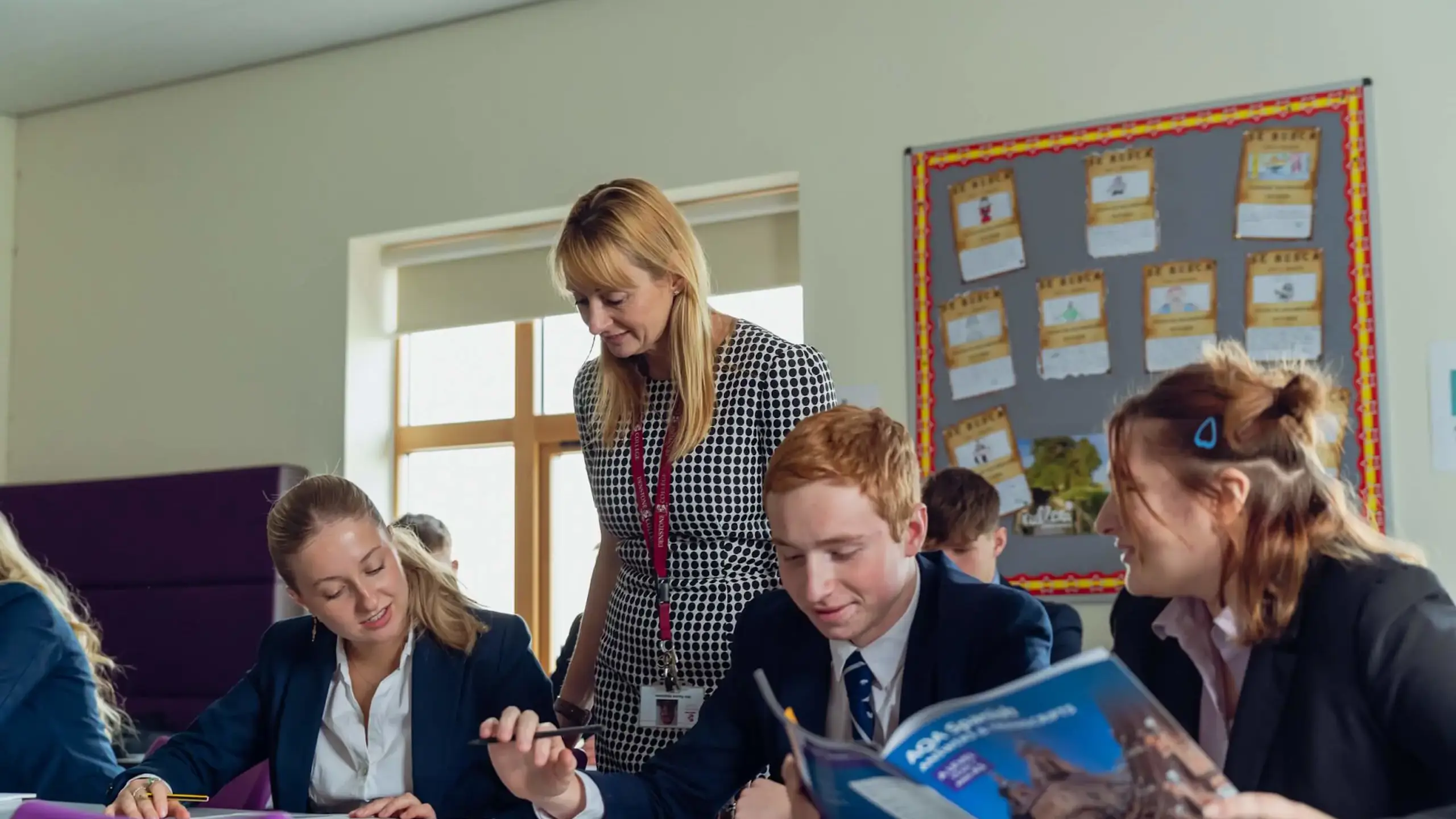LEADERSHIP & SERVICE
|
|
Leadership and service in schools are essential components of a well-rounded education that not only benefit the individuals involved but also contribute positively to the school community and beyond.
The leadership and service experiences gained in school can have a lasting impact on students' personal and professional lives. Many students who participate in leadership and service activities in school go on to become active contributors to their communities and leaders in their respective fields.
| Prefects |
|---|
|
Here at Denstone College, Captains and Prefects play an important role in the leadership and direction of the school. They foster a positive school environment and represent the student body. They set examples for other pupils through their behaviour, attitude and dedication to the College’s values. Gone are the days when Prefects are authoritarians. Here at Denstone College they act in the capacity of ‘big brother’ or ‘big sister’ – a listening ear, a friendly face and an injection of fun and happiness. They are chosen with care to be able to offer these skills. They represent the College at official functions and are the face of the organisation; but the reality is so much more. they serve as mentors for younger students. They offer guidance, support, and encouragement, helping newer students adjust to school life, resolve conflicts, and excel academically and socially. They are expected to embody the values and principles upheld by the school. By demonstrating integrity, respect, responsibility, and other positive traits, they inspire other students to strive for excellence and contribute positively to the school community. Captains and prefects play a crucial role in promoting a sense of unity and inclusivity among students. They work to create a welcoming environment where all students feel valued and respected – no easy task – but they rise to the challenge! |
| DUKE OF EDINBURGH'S AWARD |
|---|
|
Very popular with pupils is The Duke of Edinburgh's Award, which is offered to all pupils, starting in the Third Form with the Bronze Award leading up to the Gold Award in the Lower Sixth Form. At the Bronze Award level, the participants are required to commit to six months’ volunteering, a physical activity and a skill. They are also required to undertake a further three months in one of these activities. In addition, they will plan, train and complete a two day, one night expedition in the nearby Peak District. The Silver Award is offered to the Fourth Form. Participants are also required to commit to six months’ volunteering, physical and skills sections of the award with a three day, two night expedition for which they have planned and trained. The Fifth Form are given a year off to study for GCSE’s and, if needed, to finish off their Silver Award The prestigious Gold Award begins in the Sixth Form, where the commitment is twelve months and a four day, three night expedition in wild country. This would normally be in Snowdonia or North Yorkshire. Along with the three sections covered by the Bronze and Silver Awards, Gold Award candidates have to complete a five day, four nights residential camp. A direct entrant for either the Silver or Gold award will need to do an additional six months in one of the sections to complete their award. |
| COMBINED CADET FORCE (CCF) |
|---|
|
Another popular option from Fourth Form upwards is the Combined Cadet Force (CCF). This is part of the national cadet organisation sponsored by the Ministry of Defence, and is very much a part of the wider military family. The CCF aims are to assist personal development through a wide range of activities that are not readily available outside the military context. It also aims to give cadets some insight into, and sympathy with, military matters. There is no specific recruiting objective. On entry as Fourth Formers, cadets choose either the Army or RAF Sections, however, this choice precludes very little other than organised flying. Weekly training in the first year aims to give cadets a firm military foundation based mainly on weapon training, shooting, field-craft, shelter construction, navigation skills, first aid and drill. Fifth Form cadets specialise in more advanced specialist training, and may choose to participate in the Non Commissioned Officer Training Cadre. On successful completion of the Cadre, cadets are qualified to become NCOs. As much training as possible is conducted by cadet NCOs, under the supervision of Denstone staff, several of whom have previous military experience and hold the King's Commission as CCF Officers. We are fortunate in having a wide range of training facilities including both indoor and outdoor ranges. Training is as comprehensive, testing, and fun as possible, but it is necessarily limited by time and space. Training away from school provides the opportunity for more demanding and realistic activity. At the close of the year, both RAF and Army camps are held at varying locations, details of which are published six months in advance. There are also numerous opportunities for cadets to participate in competitions, flying and gliding (RAF cadets only), and a myriad of courses. These range from leadership and military courses, through adventurous training to overseas trips. Many CCF cadets also participate in the Duke of Edinburgh’s Award, being able to use some aspects of their CCF service to satisfy certain award requirements. |
| CHAPEL |
|---|
|
Chapel forms a key part of underpinning our Woodard ethos and as such we seek to involve pupils as much as possible. Each week, pupils will attend chapel at least 3 times. In our Friday Eucharist, one house each week will take duties such as writing and leading prayers, reading from the Bible or providing a dramatised version of the gospel. Pupils also form the altar party and a pupil will be chosen as crucifer, gospeller and acolytes. We also have a chapel tech team who run all the audio and visual side of chapel. Chapel is also very well supported by a sacristy team, these pupils ensure chapel is ready for services each week, lighting candles and changing the altar colours. They also lead chapel rehearsals each. All pupils are also encouraged to give chapel presentations about charities with whom they have a particular connection, maybe where they are raising funds for a specific cause and in return we make donations to their chosen charity. Finally, pupils make a huge contribution to chapel through music, whether this be choir or playing musical instruments. |
